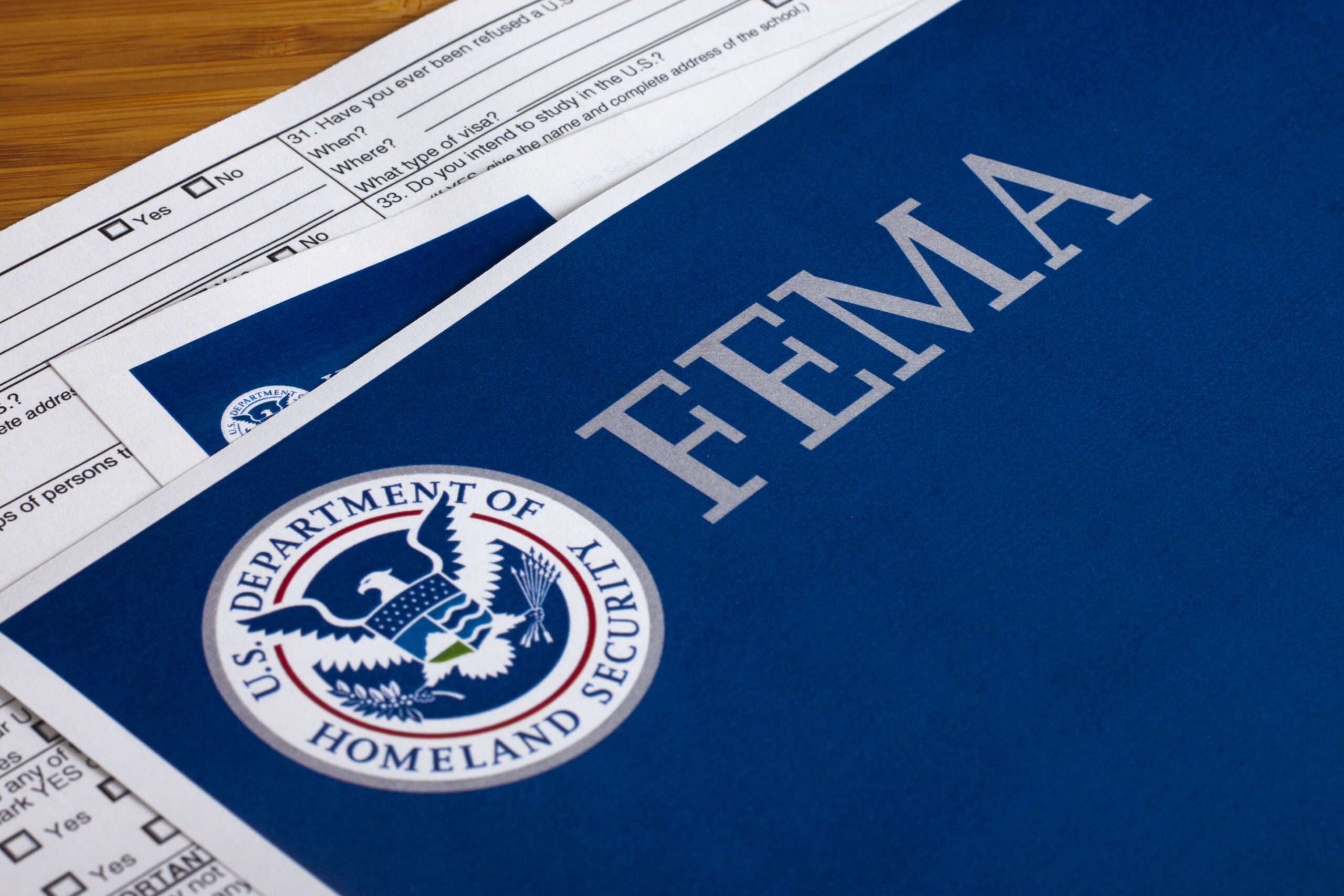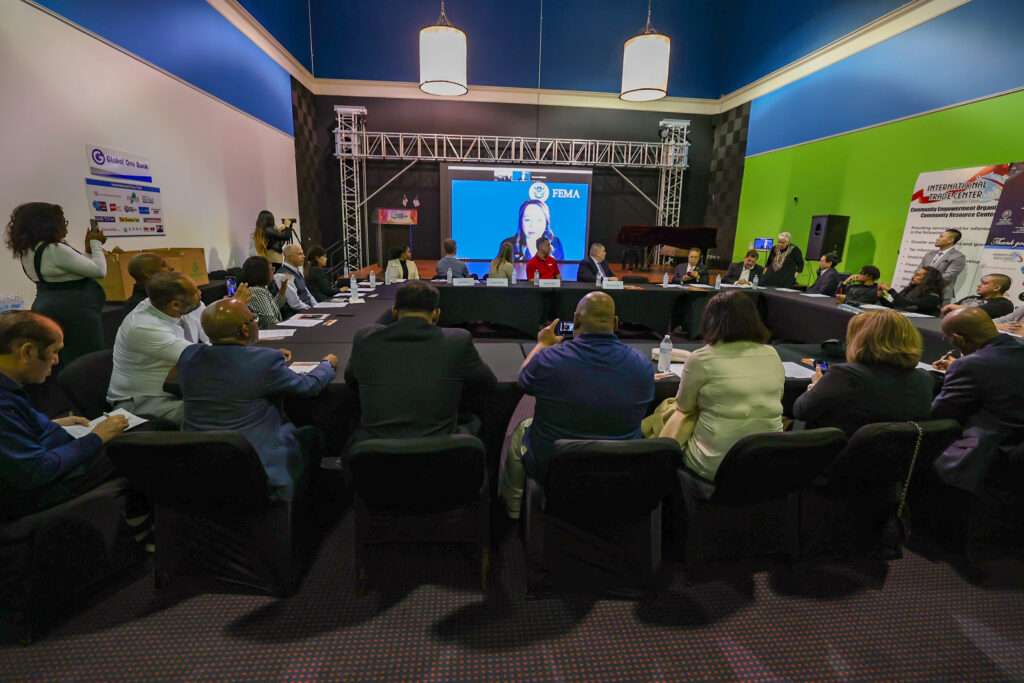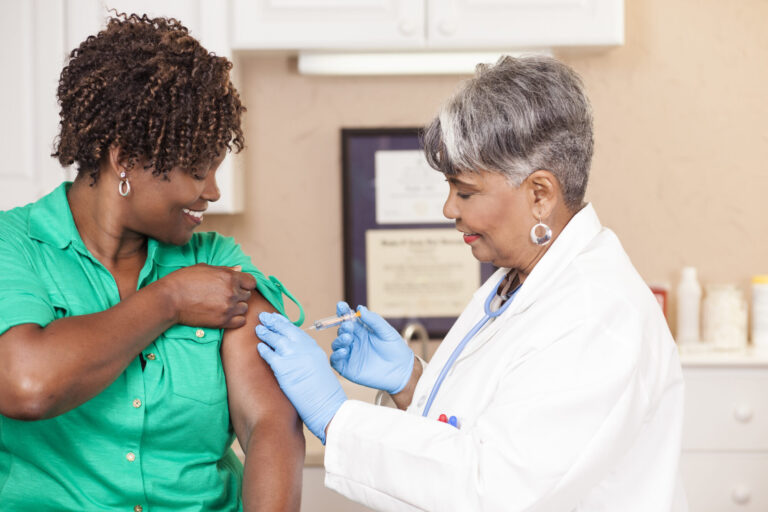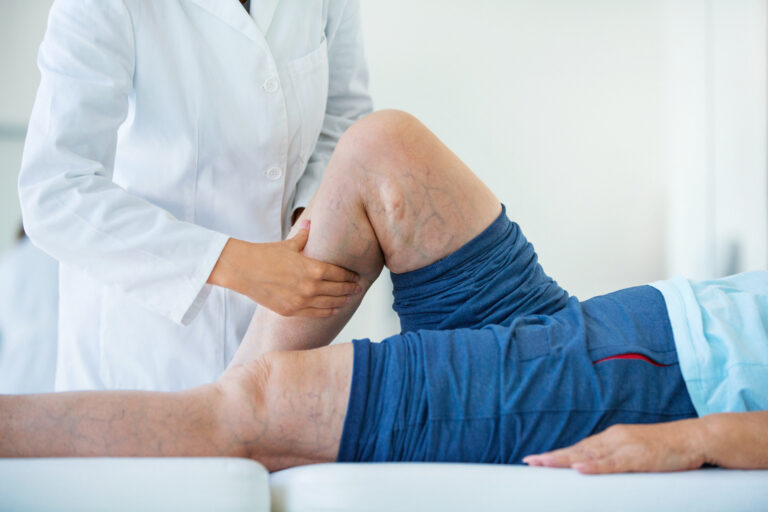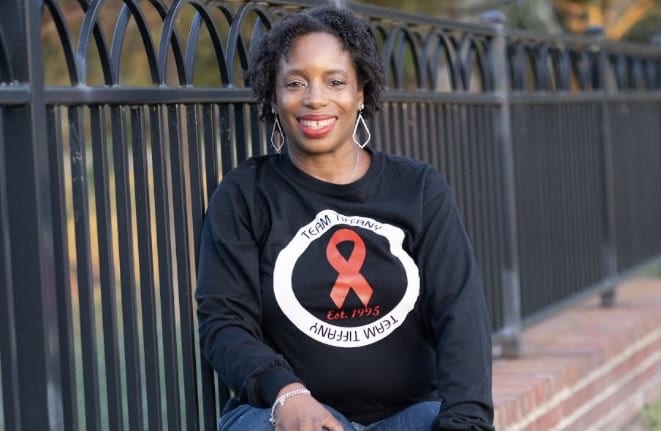The Houston Ethnic Media service recently held a roundtable with about 40 journalists from various diverse print, radio, and digital media outlets from across the city. The event, led by FEMA, centered on educating the public about winter preparedness and staying #WinterReady.
Panelists included: Traci Brasher, FEMA Deputy Regional Administrator in Region 6, Brian Murray, Harris County Office of Homeland Security and Emergency Management, Logan Perkes, FEMA Region 6 Disability Integration Specialist, Dan Reilly, National Weather Service Houston/Galveston, and Jason Tudor, AARP Natural Disasters Manager.
This roundtable marked one of the first meetings by agencies involved in natural disaster preparedness with ethnic media from across the Greater Houston area. Juan Ayala, Deputy Director of Region 6 External Affairs, expressed her excitement and gratitude to begin engaging with new media outlets, sharing,
“The opportunity to meet with new media outlets like this today is a tremendous opportunity for FEMA and we hope it is just the beginning.”
One of the big issues discussed during the panel centered on communication and language barriers. The primary languages of English, Spanish, Chinese, Vietnamese, and Arabic are often covered to some extent by government agencies, but those languages are only a small portion of the languages spoken across Harris County.
According to data from the U.S. Census Bureau, Harris County is composed of more than 364 ethnic groups, making it the sixth most ethnically diverse county in the United States. Within Harris County, there are an estimated 145 languages spoken. Harris County has taken measures to bridge the gap, including translation services, education, and working with ethnic media.
While many great ideas and best practices were shared, here are 5 Important Tips to always remember for emergency planning and disaster preparedness:
- Make a Plan: In case of disaster, have an emergency plan in place with family and/or friends.
- Think about your shelter-in-place plan, evacuation routes, etc.
- Consider the specific needs of your household: Do you have a newborn, a senior citizen, pets, or someone who is not mobile or requires special medical equipment?
- Think about supplies needed to operate the medical equipment, food supplies for pets, newborn/baby/toddler supplies (i.e. diapers, formula, etc.), and seniors (i.e. medications). Plan for all the dietary needs of your entire group.
- Create a rainy-day fund: Plan to have money (for food, gas, hotels, etc.) that can be used if disaster strikes.
- Document and insure your home, furniture, and belongings: Insurance coverage during a disaster can mean the difference between an inconvenience or slight hardship and true financial ruin.
- Safeguard important documents: Keep important papers in a place where you can quickly grab them and make sure they are stored safely. You can purchase fireproof and waterproof packaging from stores and online.
There are many ways to prepare and act before a disaster strikes. Simple preparedness steps, like those above, can make a huge difference.
For more information and helpful resources, visit the following websites:


